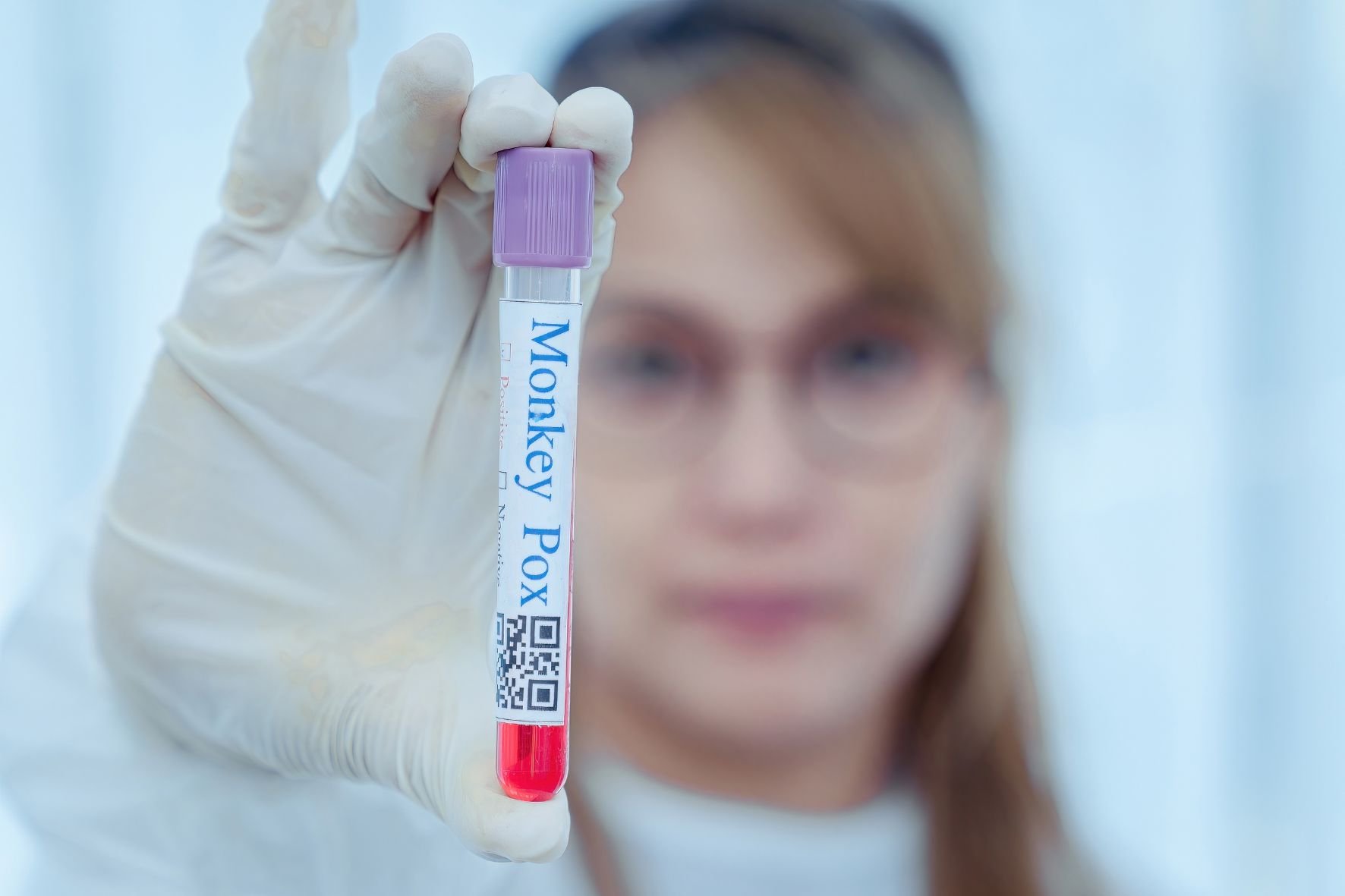Mpox is a longstanding public health concern, particularly in the Democratic Republic of the Congo (DRC), which has reported cases of the virus for several decades now, with a notable increase in incidence each year. Unfortunately, the global response to this outbreak has been inadequate, characterized by a lack of resources, insufficient healthcare infrastructure, and limited access to vaccines and treatment options.
The DRC has been the epicenter of Mpox, where the virus was first identified in humans in 1970. Despite its historical significance, the global health community has largely overlooked the escalating crisis associated with this disease.
Table of Contents
The 2022 Global Mpox Outbreak
The Mpox epidemic began in May 2022 in the eastern province of Kwango, resulting in a global outbreak of clade IIb and the declaration of a global health emergency. However, this declaration has not resulted in actions required to control the outbreak effectively. Mpox is transmitted mostly by physical contact with an infected person, and the majority of cases during the multi-country outbreak from 2022 to 2023 were associated with sexual contact. Following a decrease in infections, the World Health Organisation (WHO) lifted the emergency status in May 2023, signaling that the outbreak had been controlled.

Transmission and Public Health Challenges
The current outbreak is of greater concern since it has a higher transmission rate and a higher mortality rate than the previous outbreak caused by clade IIb.
The fact that the infection can spread through sexual contact can make it more difficult to identify suspected cases since it can enhance stigma among affected individuals and increase the possibility of silent transmission throughout the community. Therefore, where raising awareness among these susceptible areas is challenging, public health measures that consider the stigma associated with the disease’s spread are required.

Africa CDC and the Global Response
The Africa Centres for Disease Control and Prevention (Africa CDC) officially declared Mpox a Public Health Emergency of Continental Security (PHECS) since its establishment in 2017 to mobilize resources and coordinate responses among global health actors.
Global Health Inequities and the Vaccine Disparity
The disparity in the global health response is evident, particularly regarding the availability of vaccines for African countries. This inequity underscores a broader systemic failure: global health systems have not prioritized diseases that predominantly affect low and middle-income countries.

Dr. Kaseya’s Appeal for Global Solidarity
Dr. Kaseya the Director general Africa CDC appealed to the global partners and emphasized showing solidarity and support during this crucial time. Africa has traditionally been the epicenter of the battles against infectious diseases with the limited resources available.
Global Health Priorities and Mpox Neglect
It’s striking how the declaration of Mpox as a Public Health Emergency of International Concern (PHEIC) by the World Health Organization (WHO) came only after the virus spread to high-income countries. For years, cases had been rising steadily across Africa, yet the global health community seemed to turn a blind eye. This circumstance highlights a concerning pattern in global health priorities.
Why does it take an outbreak in wealthier nations for the world to pay attention? The neglect of Mpox, despite its long-standing presence in regions like the DRC, underscores a systemic issue within our global health framework. Diseases that predominantly affect low- and middle-income countries often struggle to garner the urgency they deserve until they threaten wealthier populations.
This pattern draws attention to inequalities in the way we handle health emergencies and underscores the need for a more diligent and equitable approach to public health. It is critical to acknowledge the interdependence of health concerns, as overlooking outbreaks in one region of the world may have global consequences.

Conclusion: A Call for Global Health Equity
The recent experience with Mpox serves as a crucial reminder. It’s time for the global partners to prioritize all health concerns equally, ensuring that every outbreak is met with the seriousness it warrants regardless of where it originates.





14 Comments
Very informative and well written, thank you for shedding light on this concern.
I really appreciate your feedback! I’m glad the information was helpful
Very informative article on MPox. Keep up the good work, doctor!!!!
Thank you so much for your kind words! We’re glad you found the article on mPox informative
Nice article
I’m glad you enjoyed the article.
I was in search of information regarding MPox, yet I never found any stunning article like yours. It’s charismatically worth for me
Thank you for your generous feedback! we’re truly glad to hear that you found it insightful and worthwhile.
Dr Paul Farmer throughout his life worked to identify and bring world’s attention to such problems. Even in 21st century, some parts of world seems to be in previous century! The problem LMICs are for researchers to research, but then what? It is long standing question. Doesn’t matter how we look at it- with a lens of medicine or public health or social science, the conclusion remains more or less same- high income countries’ problem is the global issue and get global attention – whereas third world countries struggle for meeting basic needs.
Recent scenarios of Ebola, COVID 19, and current M Pox are making these issues more and more vivid- health equity is not more a “luxury” but an immediate need for epidemiological preparedness.
Thank you for sharing your thoughts on the critical issues faced by LMICs and the ongoing challenges in global health equity. I appreciate your perspective and the acknowledgement of Dr Paul Farmer’s impactful work.
I fully agree that health equity is an immediate need and not a luxury. By harnessing the strengths of a capitalist approach, we can drive meaningful change and make healthcare more equitable for all.
Insightful article. Great work. Inequity has many faces. Health inequity is becoming more obvious day by day between HICs and LMICs.
I appreciate your thoughtful observation regarding health inequity. It is indeed a multifaceted issue that is becoming increasingly apparent, especially in the clear contrasts between high-income countries (HICs) and low- and middle-income countries (LMICs). The disparities in healthcare access, quality, and outcomes are critical challenges that demand our attention and action.
Health equity is not just a moral imperative but also a practical necessity for effectively controlling public health crises. This blog highlights existing health inequities and public health concerns in a thoughtful manner. Thank you for this excellent blog. Keep up the great work!
Thank you so much for your kind words and thoughtful feedback! We’re glad to hear that you found the blog insightful and relevant to the critical issue of health equity.